Whether you prefer earthy stoneware or delicate porcelain, the perfect cup enhances the ritual of tea drinking and connects you to Japan’s rich tea culture. But with so many types, styles, and accessories available, how do you choose the right set?
Let’s explore everything you need to know to find your perfect Japanese tea cup set.
Types and Styles of Japanese Tea Cups
Japanese tea cups come in a wide variety of shapes and designs each crafted to enhance specific teas and moments.
The Yunomi (湯のみ) is the most common style for everyday tea drinking. Taller than a typical Western teacup and lacking a handle, the yunomi is designed for casual enjoyment of green teas like sencha. Its simple form fits naturally in the hand reflecting the wabi-sabi philosophy of understated beauty.
The Chawan (茶碗), on the other hand, is an iconic wide, bowl-shaped cup used in the Japanese tea ceremony particularly for whisking and drinking matcha. Its broad surface allows for the elegant, ritualistic movements of matcha preparation.
Kumi-dashi cups are smaller and often more refined traditionally used for serving the highest grades of tea like gyokuro. Their compact size enhances the rich, concentrated flavor profiles of premium teas.
Another fascinating option is the Soba Choko (蕉麵猥口) originally intended for soba noodle dipping sauce but now embraced in modern tea culture as versatile, minimalist tea cups. Their straightforward cylindrical design fits well with contemporary aesthetics.
Some enthusiasts also use sake cups or soba choko cups for tea, especially when creating eclectic or casual tea settings. Whether you prefer a bowl shape, bud shape, straight shape, or cylindrical thick teacup, Japanese teaware offers a style for every hand and heart.
Materials Used in Japanese Tea Cups
The material of a tea cup deeply influences the tea-drinking experience, impacting everything from temperature to texture.
Porcelain tea cups are prized for their thinness and lightness. Often hand-painted with delicate designs, porcelain is perfect for enhancing subtle aromas in refined teas like gyokuro.
Stoneware offers a more rustic, grounded feeling. These thicker-walled cups retain heat well, making them ideal for everyday drinking of heartier teas like sencha or hojicha.
Lacquerware tea cups, made by applying layers of sap-based lacquer onto wood or other materials bring a lightweight, glossy elegance to the table. These are often used in formal tea settings and highlight the craftsmanship behind each piece.
Glass tea cups provide a modern twist allowing you to visually appreciate the delicate colors of fine teas, especially iced gyokuro or cold-brewed sencha.
Tin is a rarer but luxurious material in Japanese teaware, prized for its natural antibacterial properties and excellent heat conductivity.
Additionally, many cups feature artistic finishes like crackle glaze or kin glaze adding visual and tactile intrigue to each sip.
Traditional and Modern Usage
Traditionally, Japanese tea cups were deeply connected to specific teas and rituals. Every aspect from the pouring technique to water temperature control and the cup selection was meticulously considered. In today's modern world Japanese tea cups have evolved to suit broader, more relaxed usage, blending traditional methods with minimalist wabi-sabi designs and kurinuki pottery tea mugs.
Associated Tea Items and Accessories
A true tea experience extends beyond the cup itself. In Japanese culture several associated items often accompany tea cups:
Teapots (kyūsu 急須) are essential for brewing green tea particularly loose-leaf sencha or gyokuro. A well-made teapot complements the cup, creating a harmonious flow from brewing to pouring.
The tea scoop (chashaku 茶銘) is a slender, elegant tool used to measure powdered matcha into a chawan.
Sake cups and wooden sake cups often crossover into tea service.
Japanese tea cups with saucers add a touch of refinement to formal occasions protecting delicate porcelain and enhancing presentation.
The concept of the Golden Drop (kinteki 金滴) the final, most prized drop of tea highlights the reverence placed on every moment of tea service.
Shopping and Sourcing Information
When looking to purchase authentic Japanese tea cups a few key considerations can guide you:
Focus on artisan craftsmanship. Seek out artisan Japanese tea producers who continue ancient pottery traditions. Choose authentic materials and pay attention to finishes like crackle glaze or hand-painting.
When sourcing online, consider specialty stores, artisan marketplaces like Etsy, and curated sites such as MyJapaneseWorld.com, which offer authentic collections and often provide free shipping and detailed tea guides.
Conclusion: A Cup Beyond Time
Whether you’re savoring the golden drop of a precious sencha or preparing matcha in a wabi-sabi inspired chawan, your cup becomes part of the story. Embrace tradition, honor craftsmanship, and elevate your tea ritual with the perfect Japanese tea cups set crafted not just to hold tea, but to hold meaning.




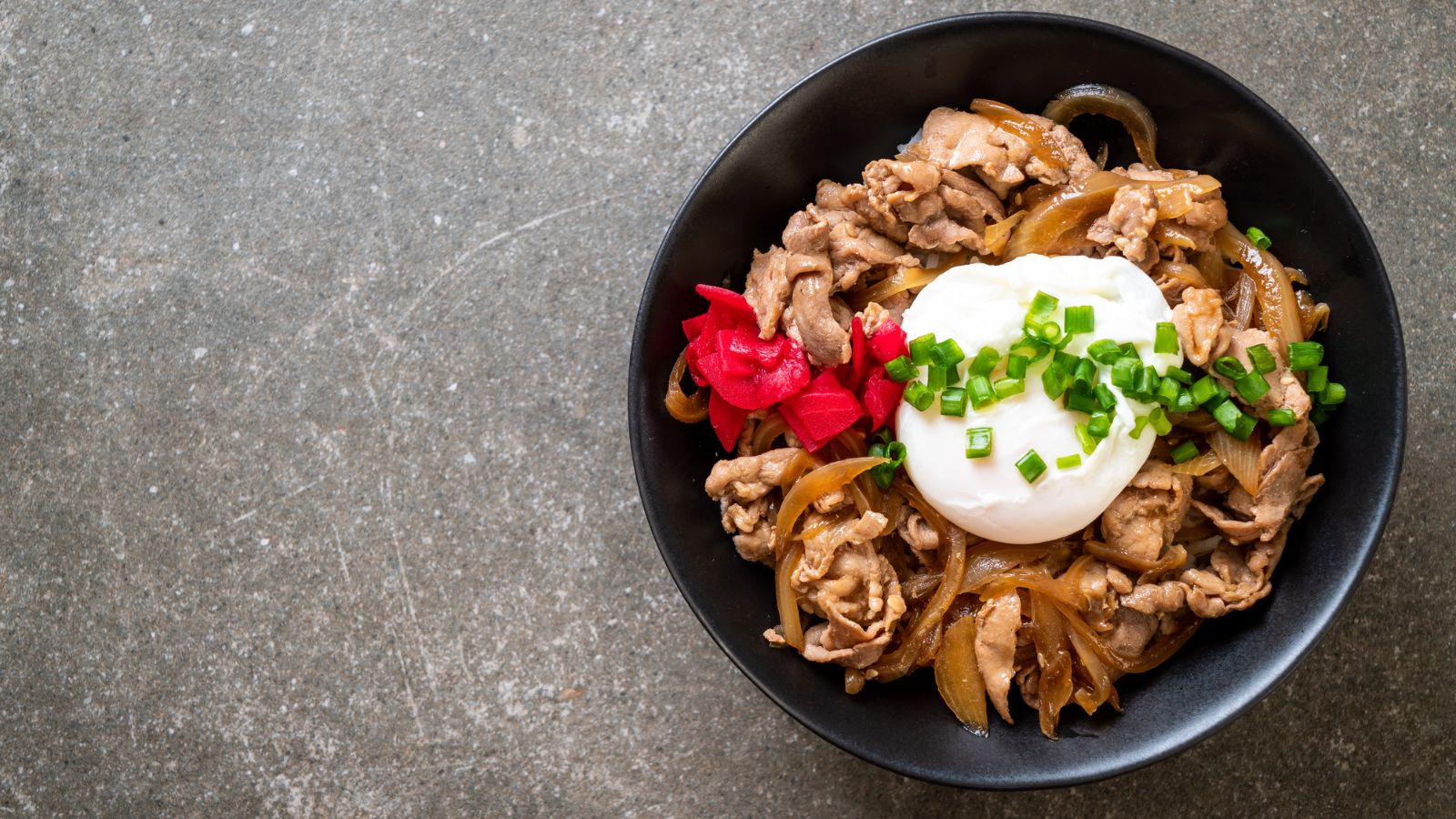
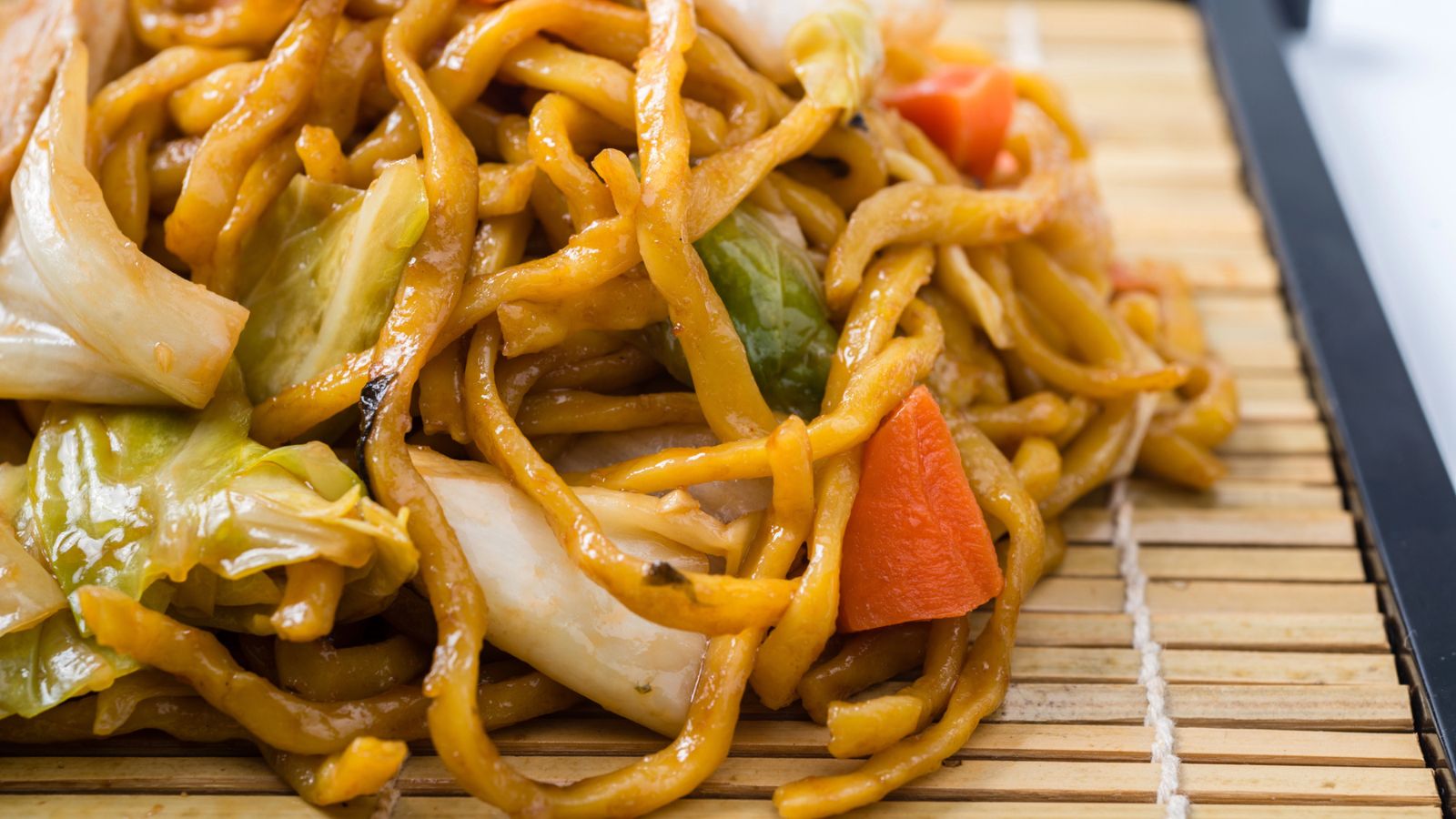
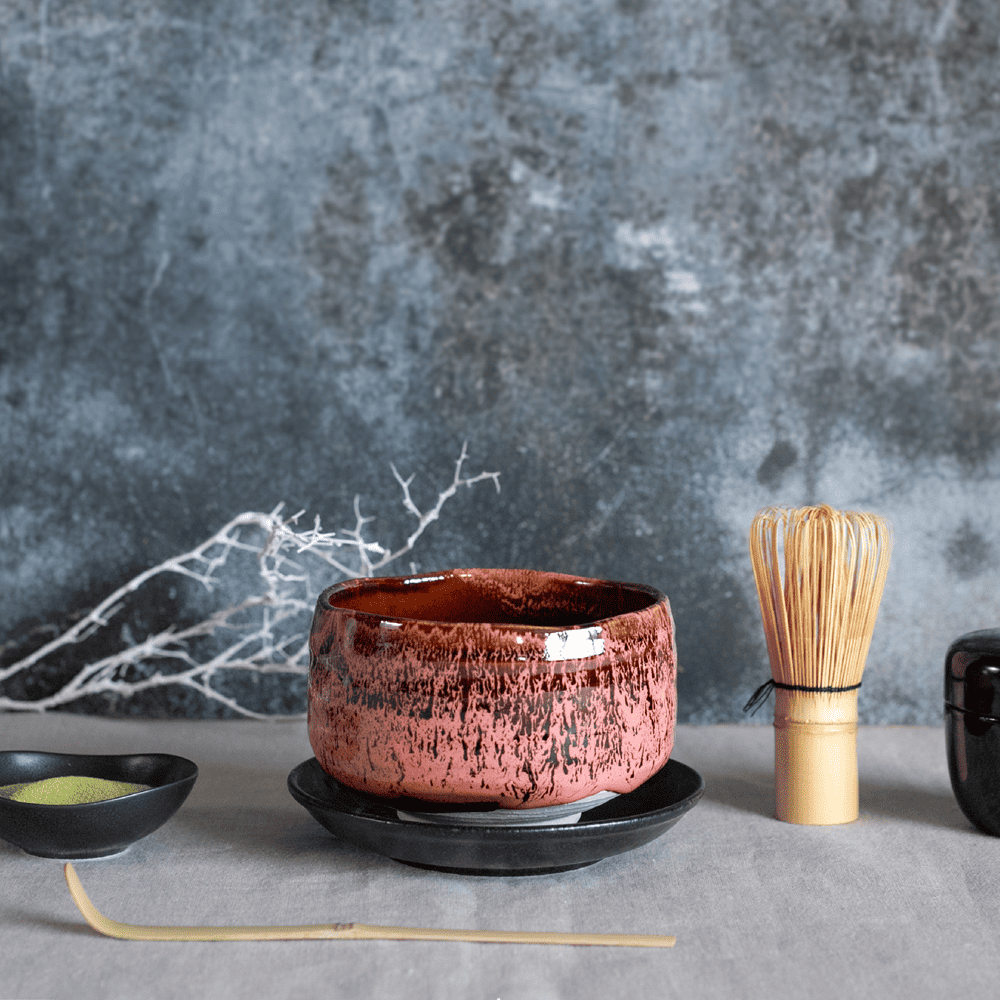
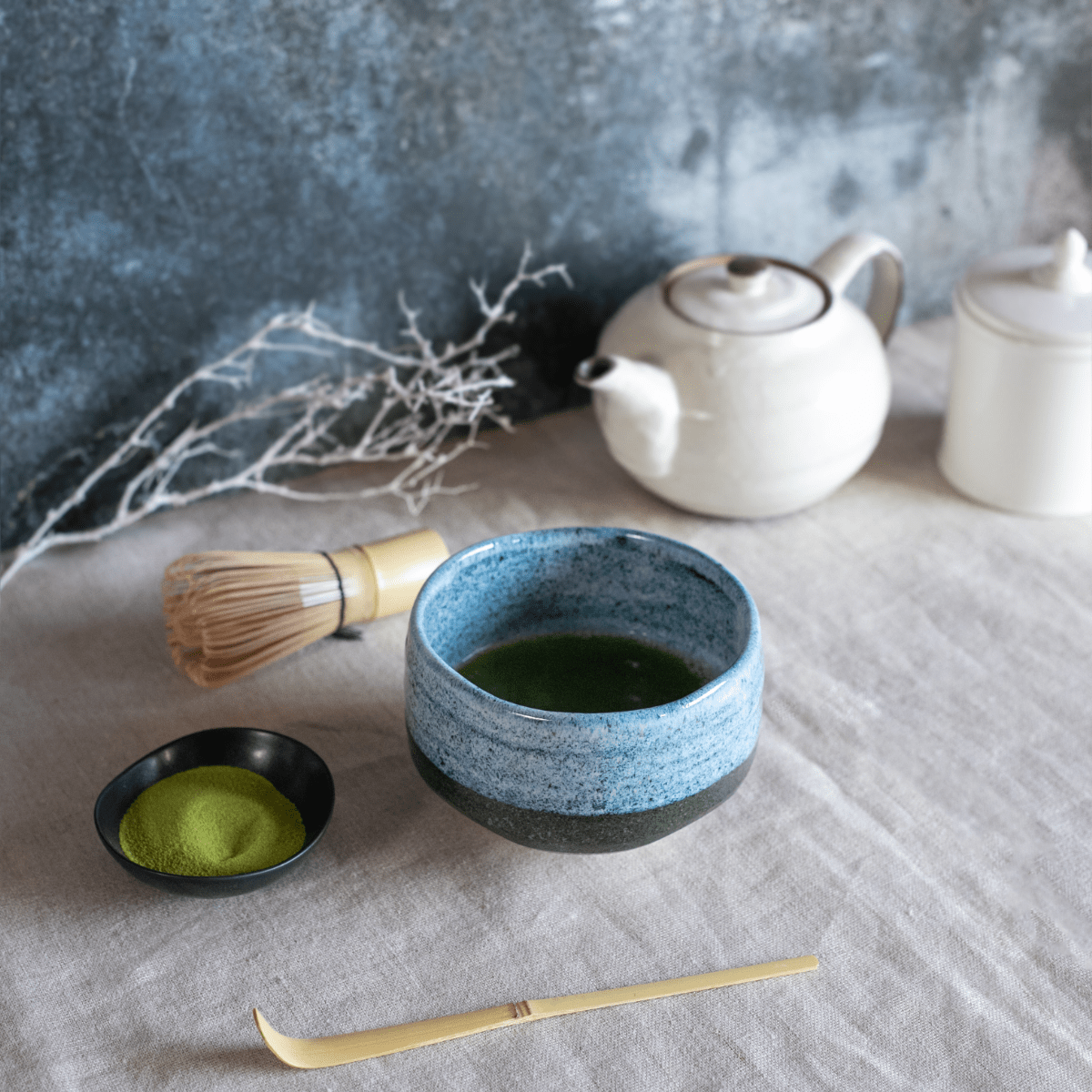
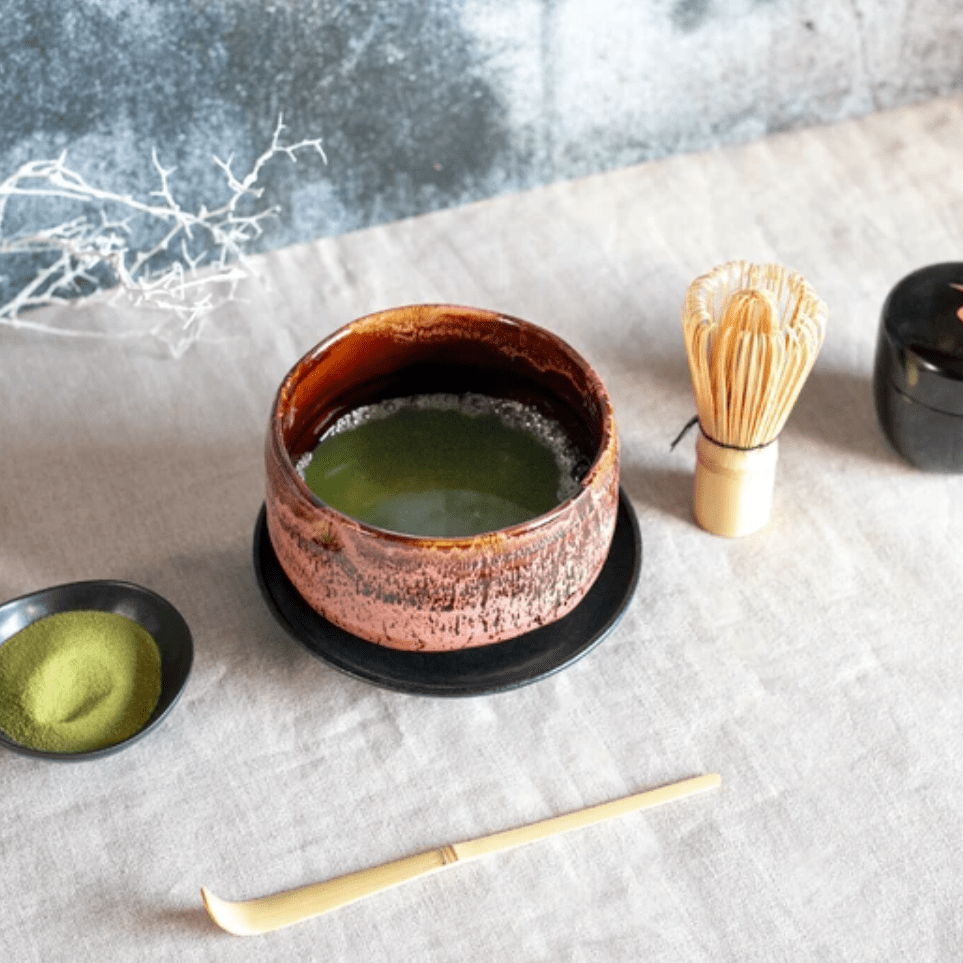
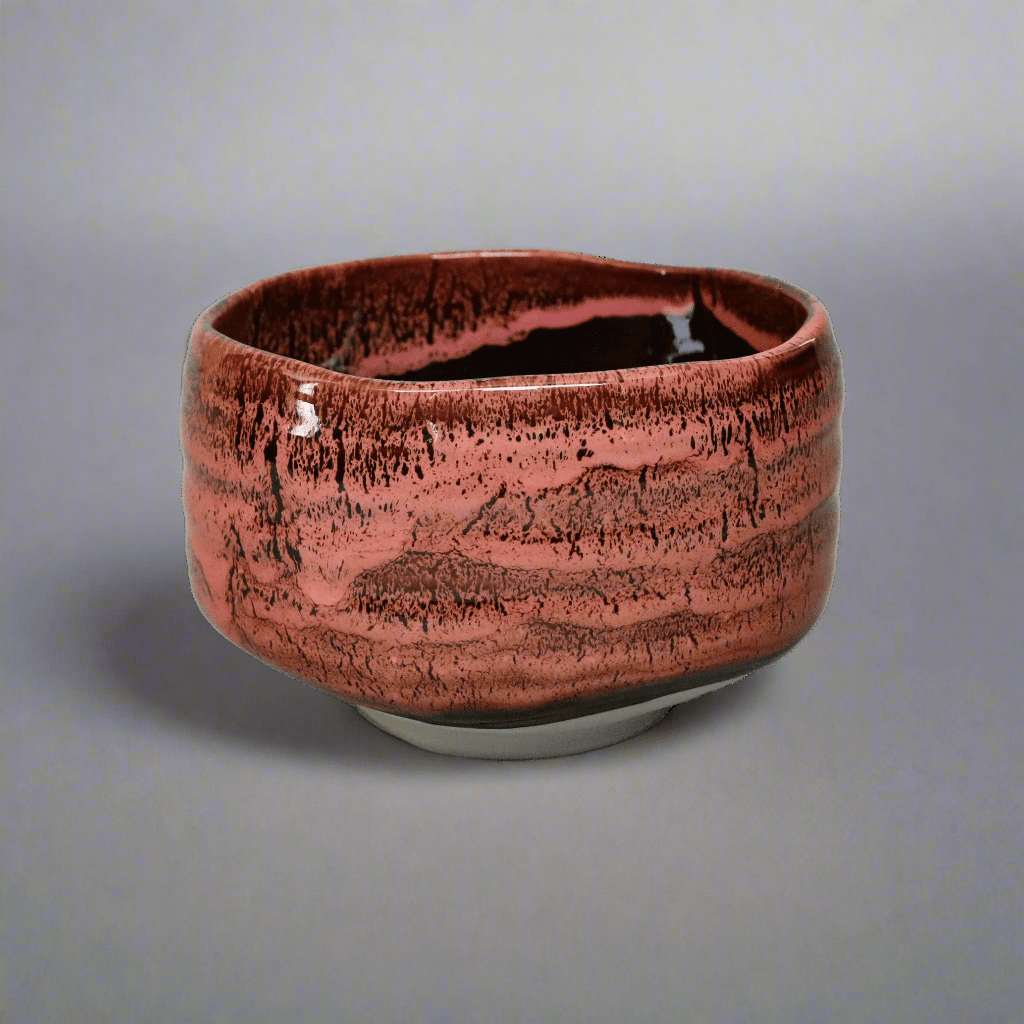
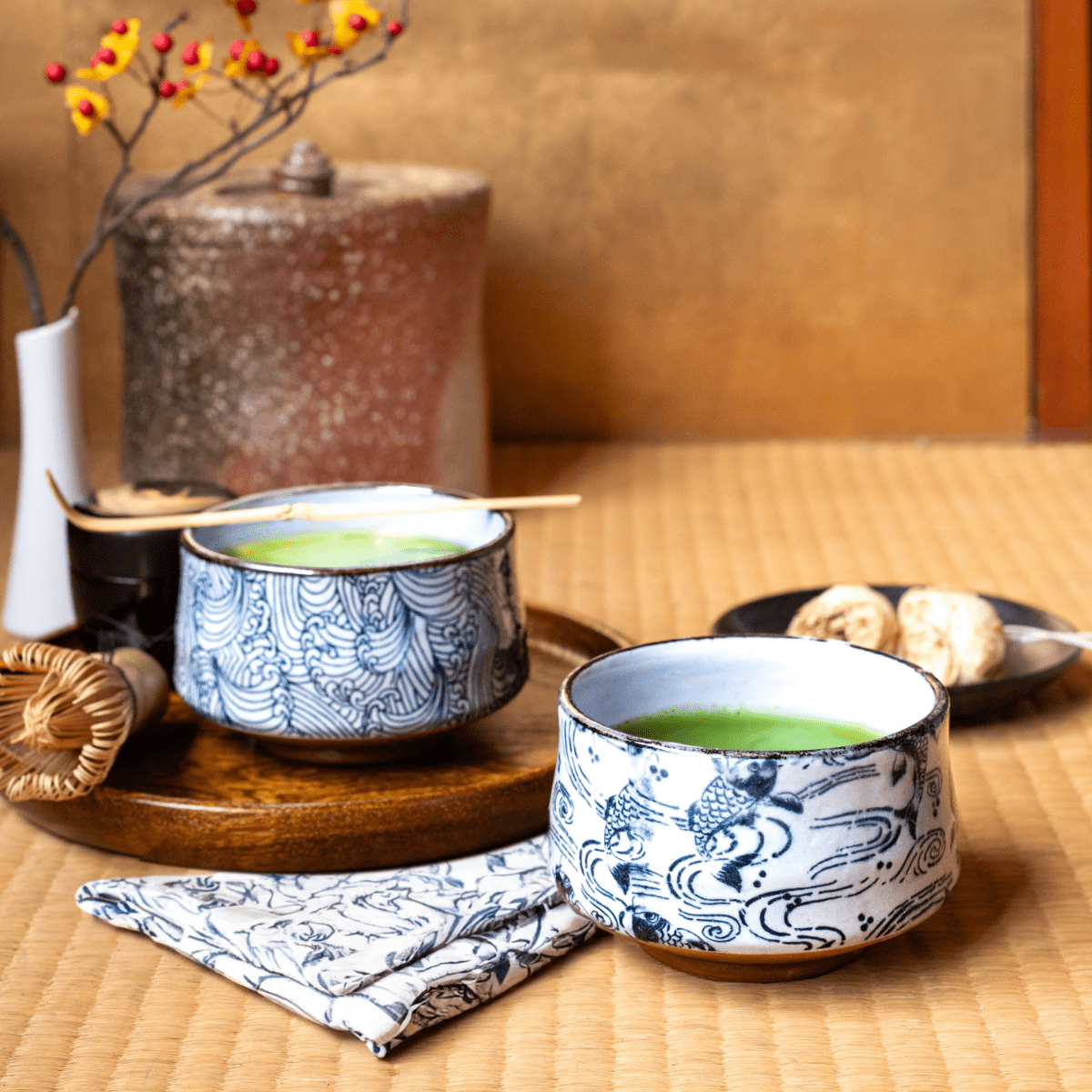
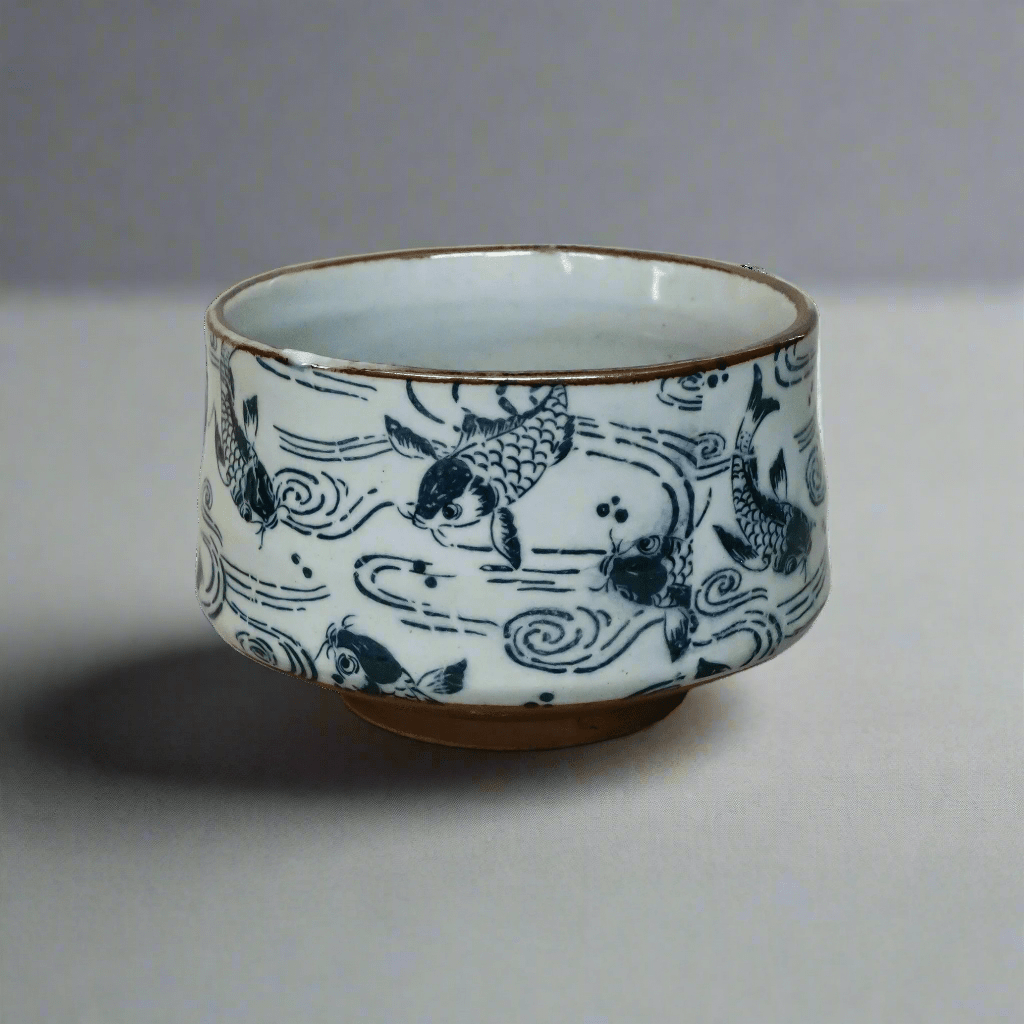
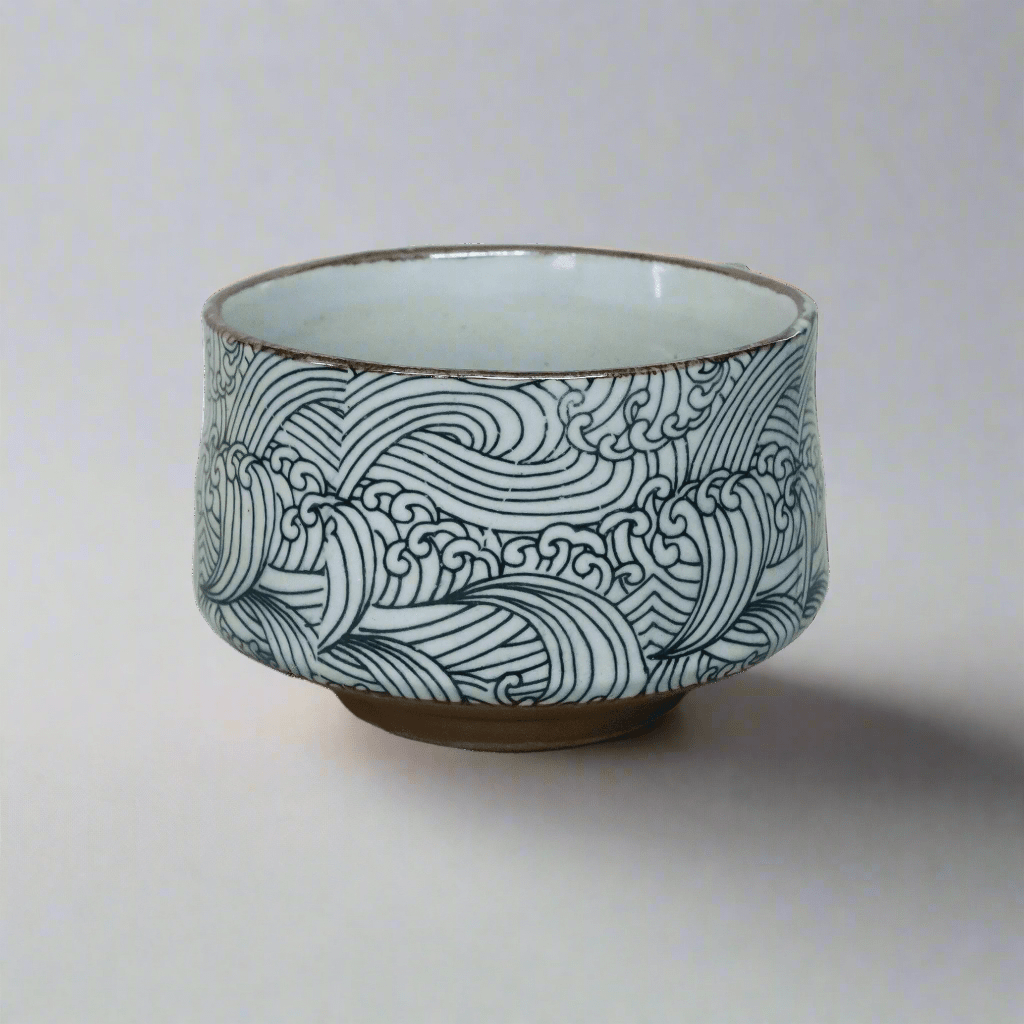
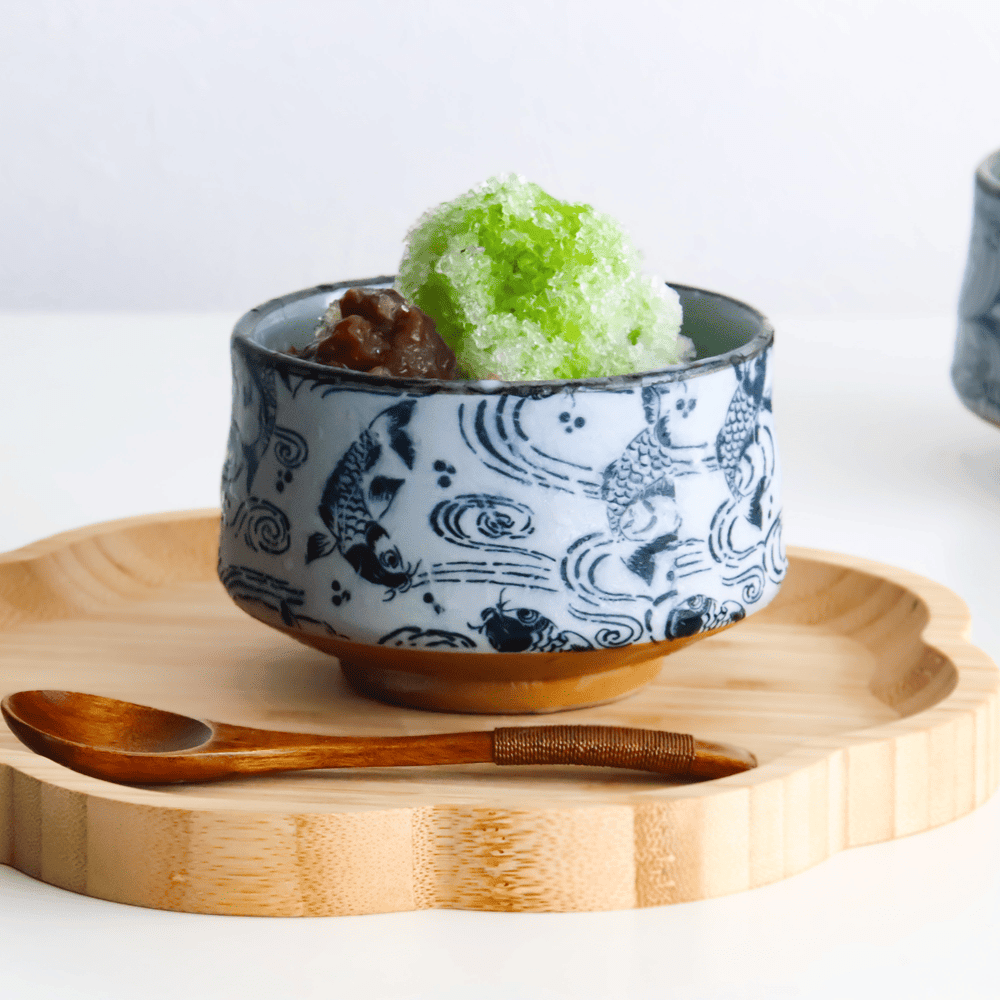
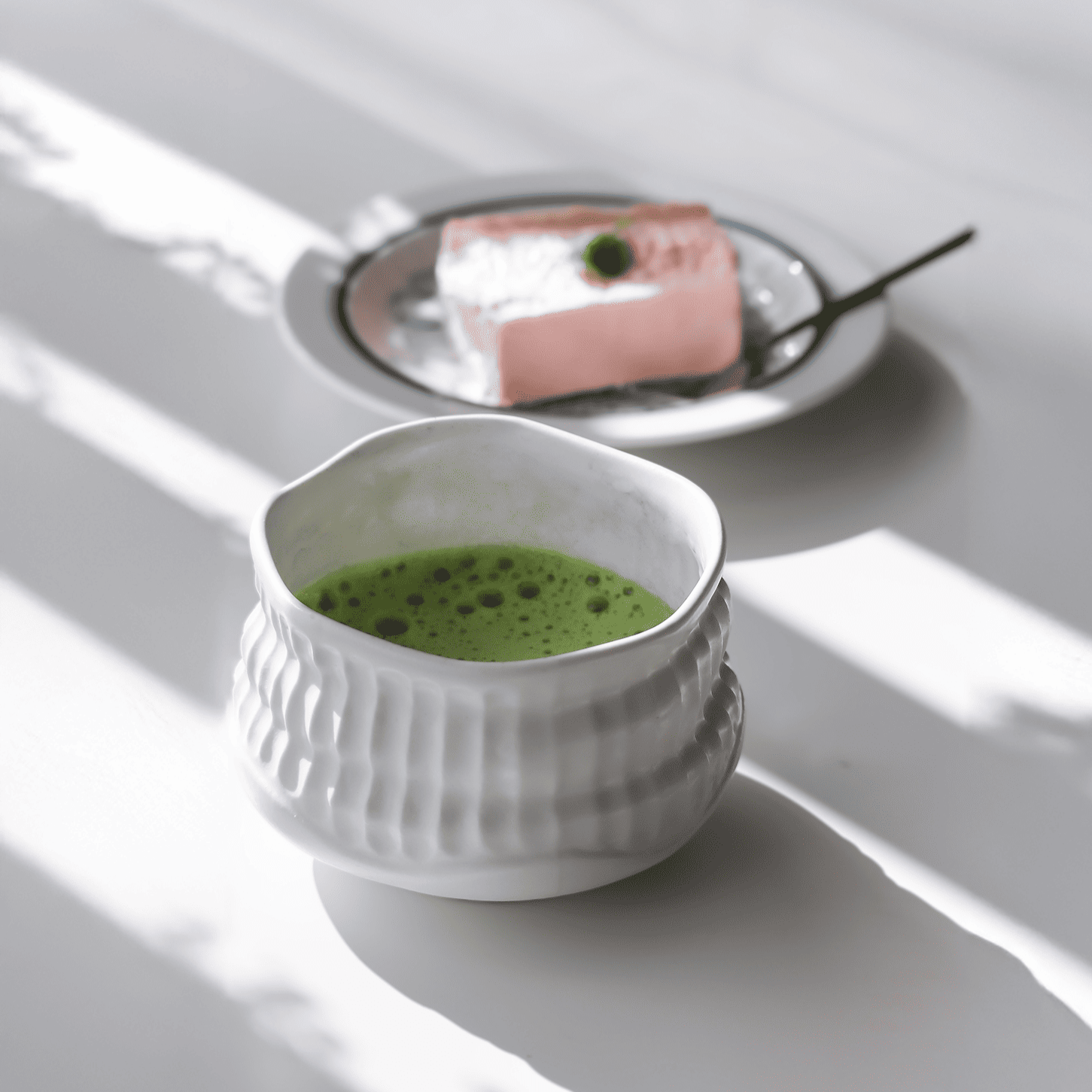
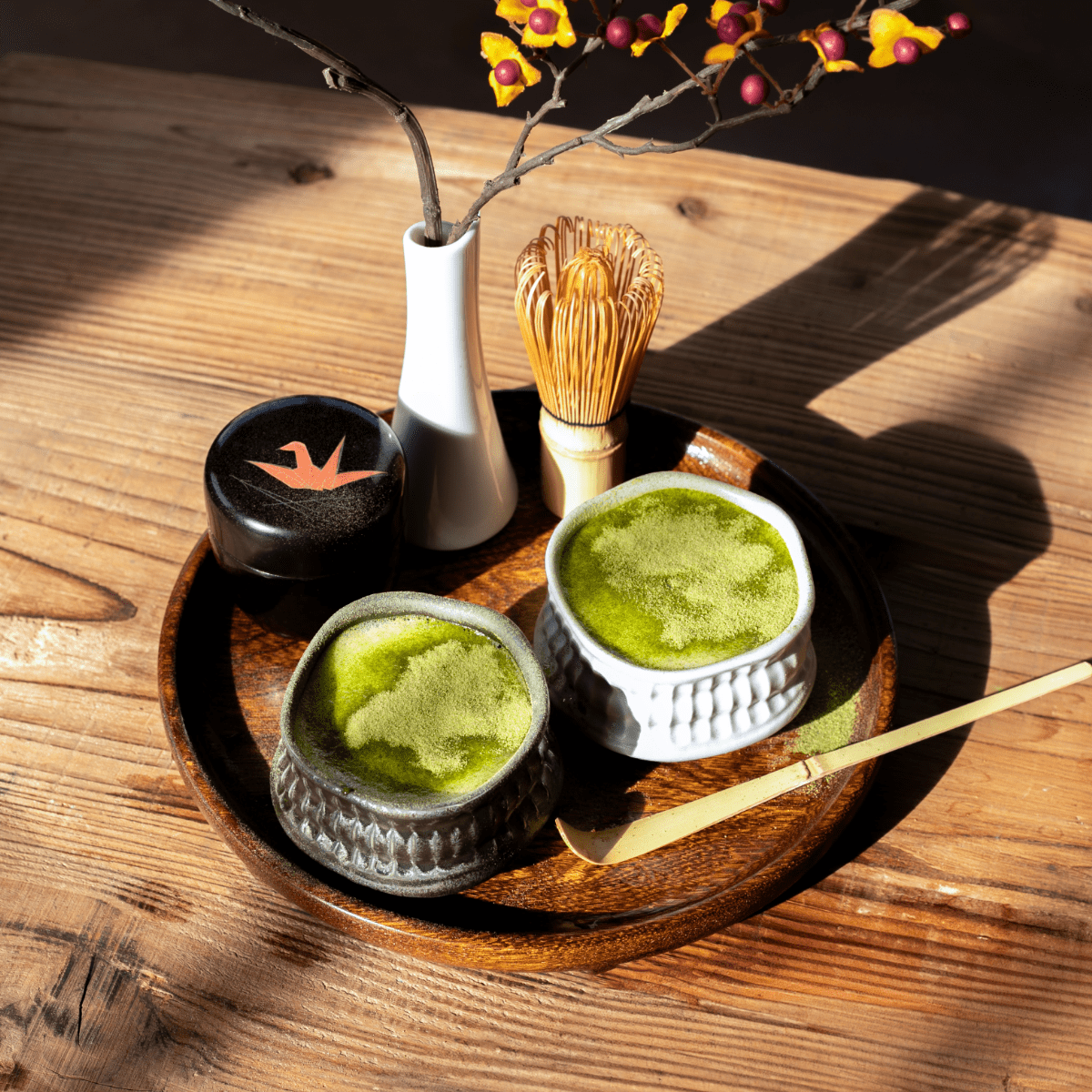
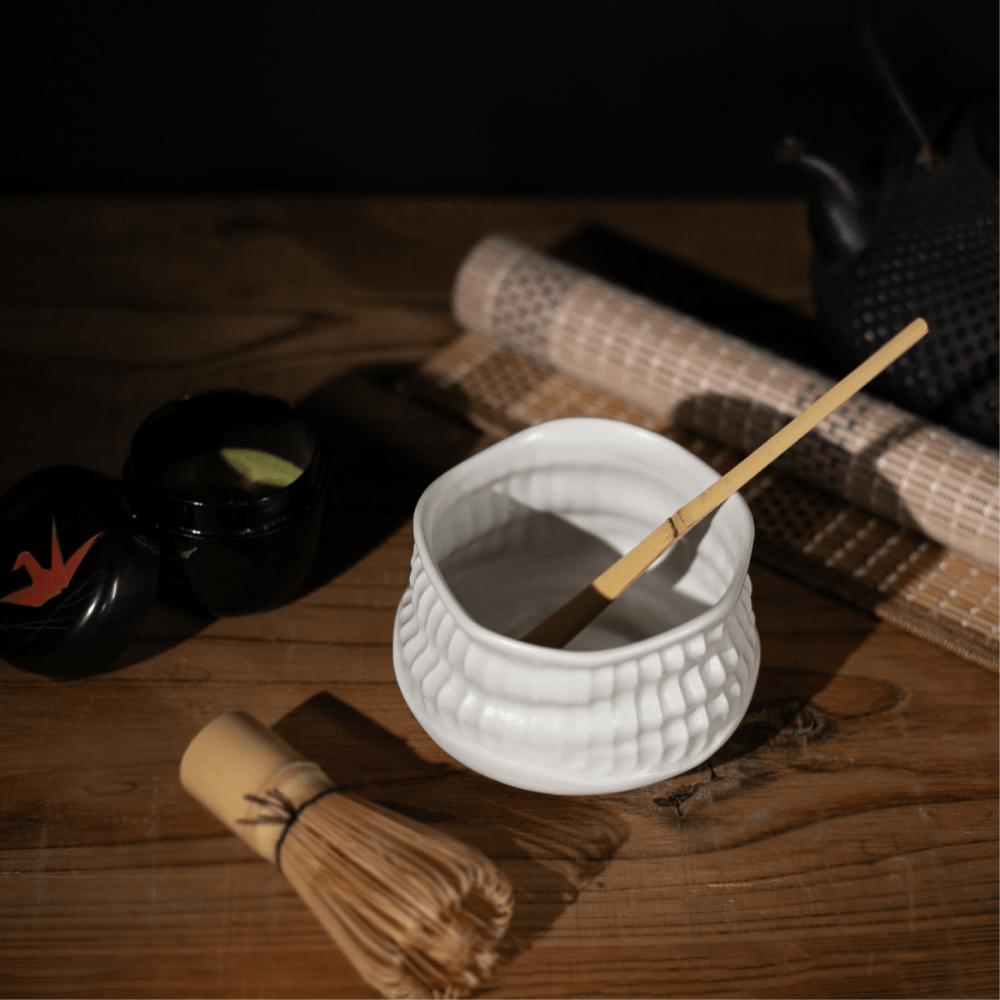
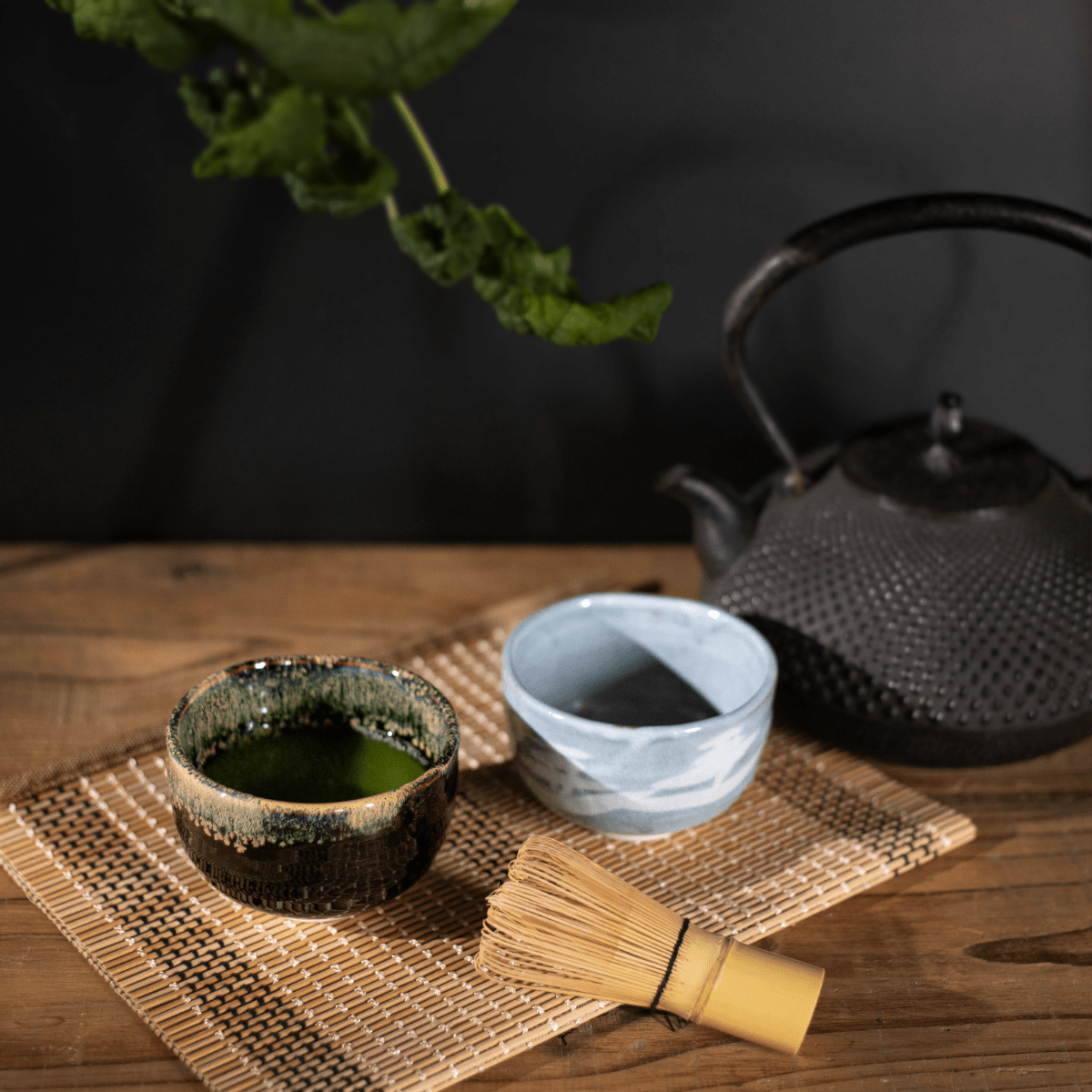
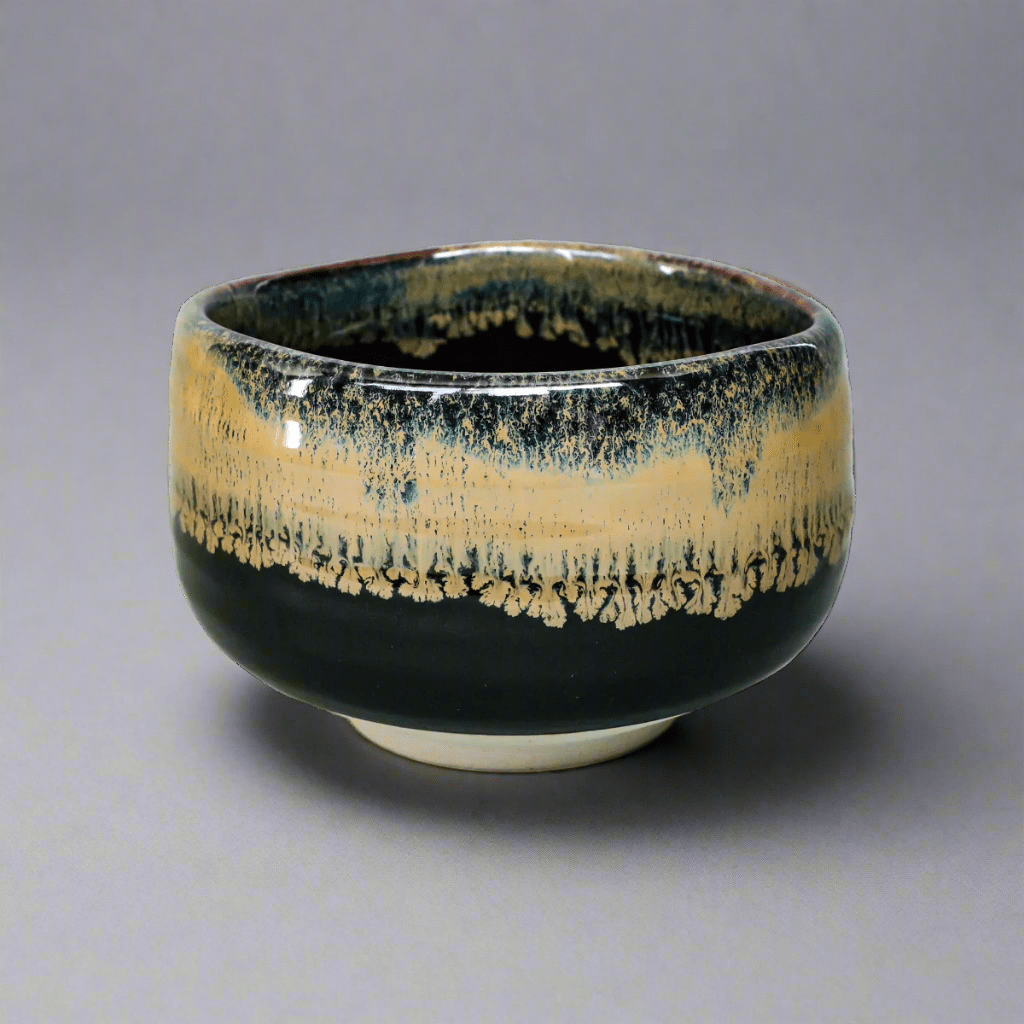
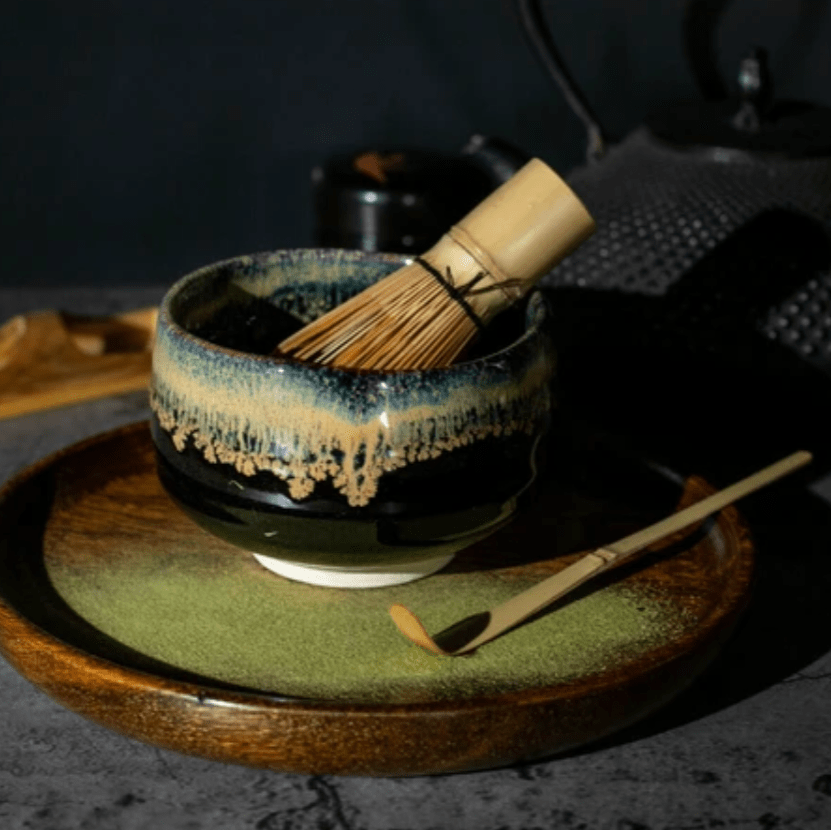
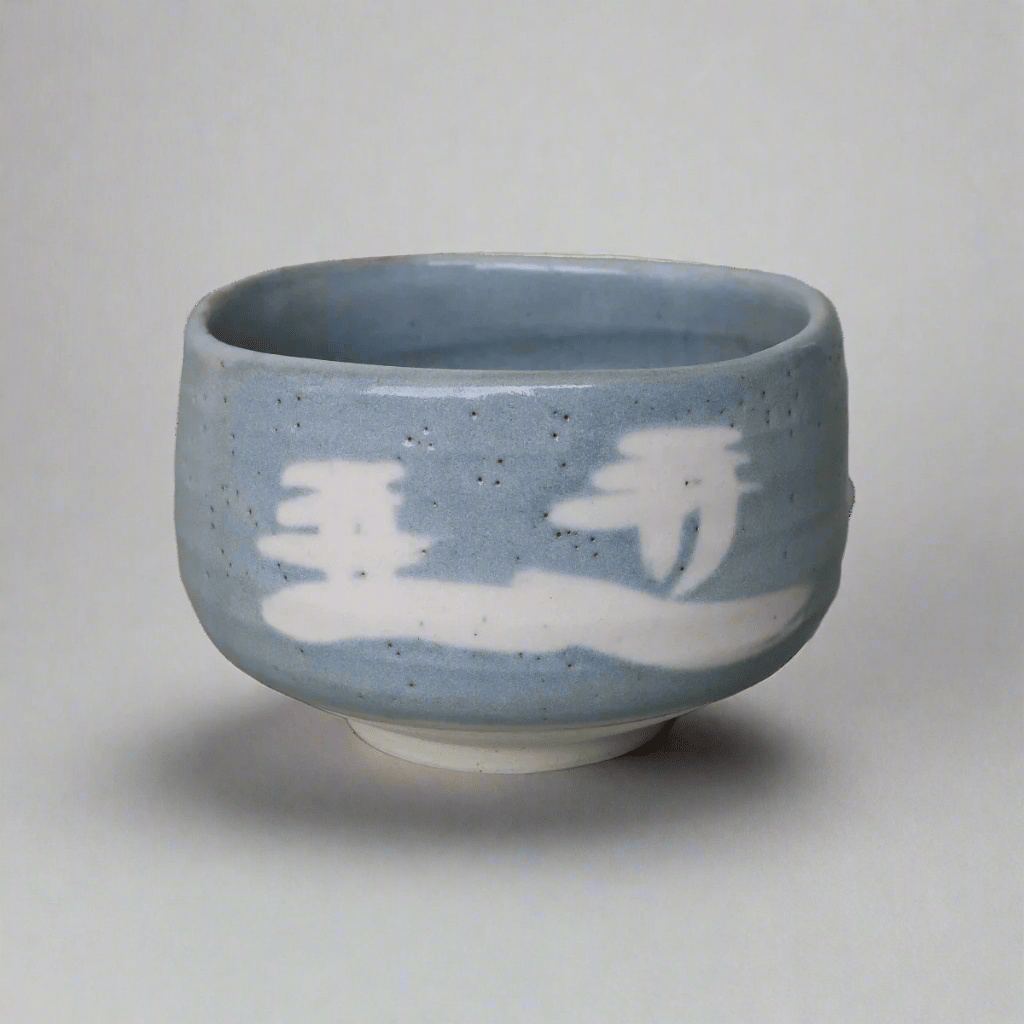
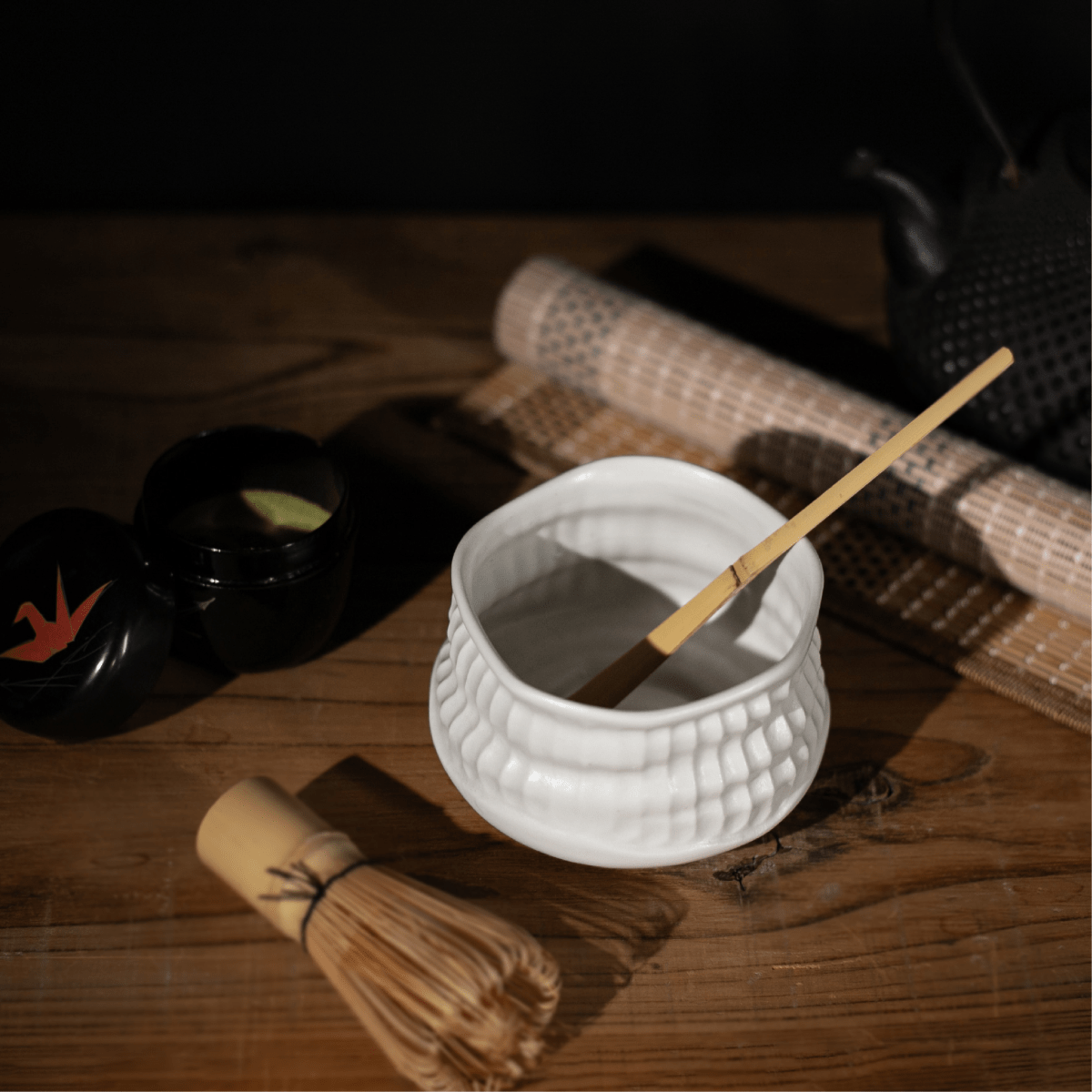
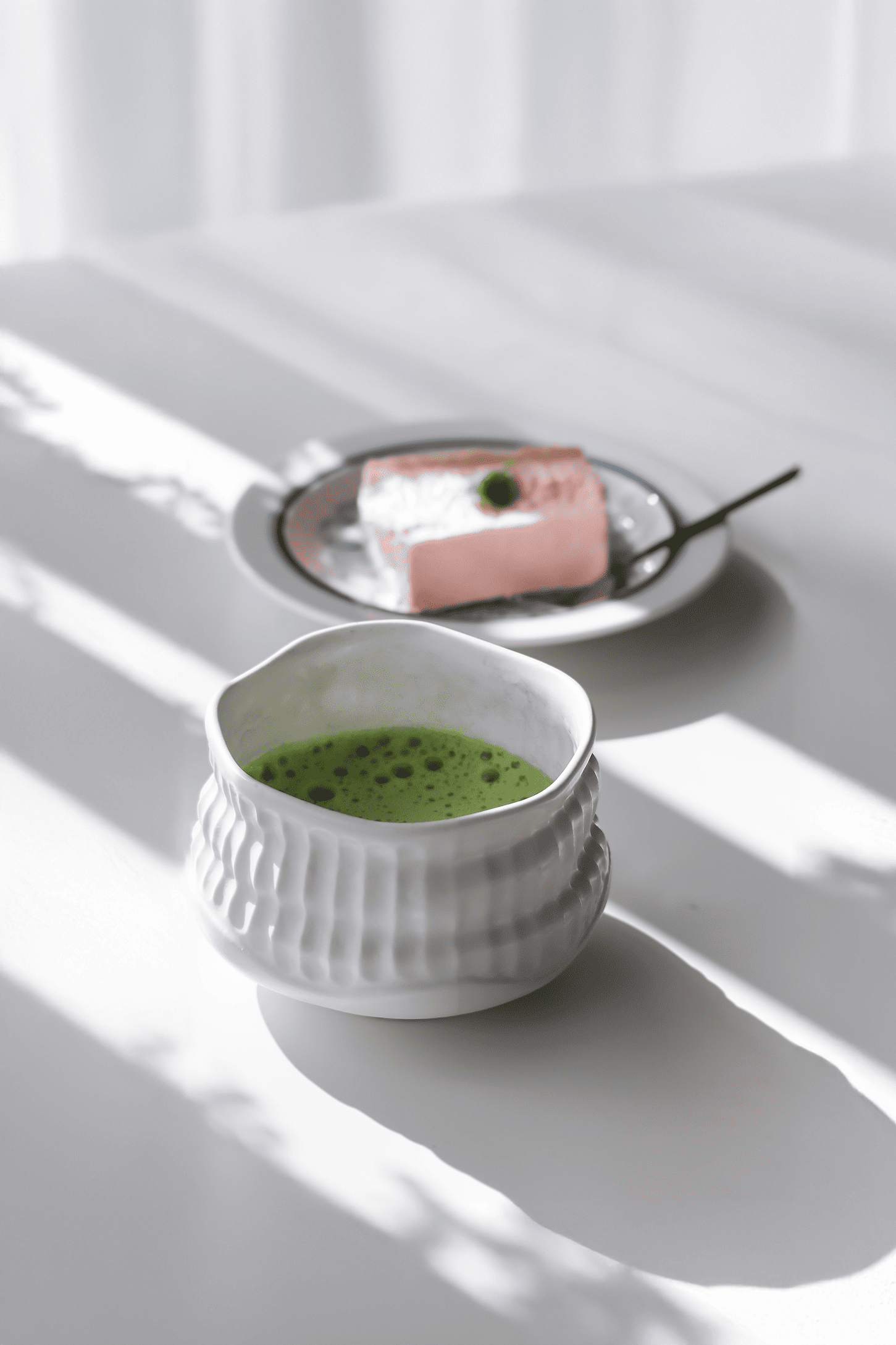
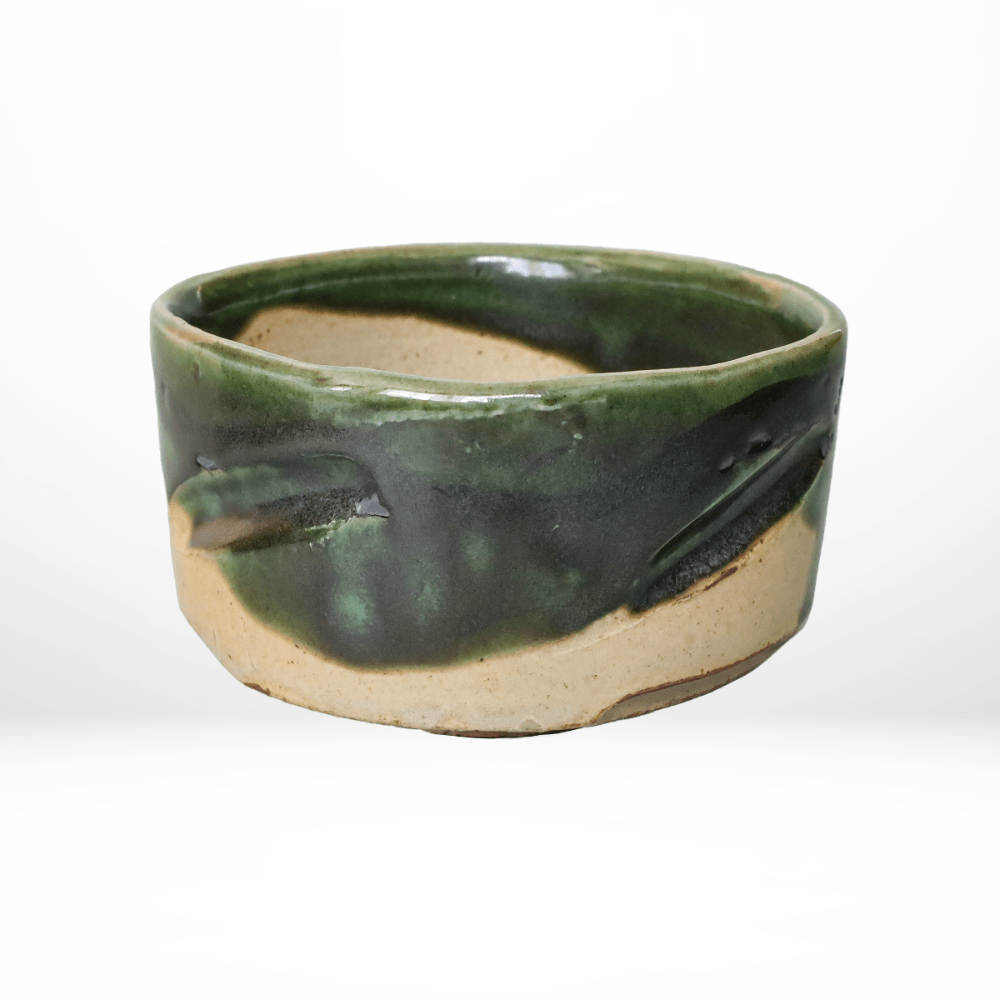
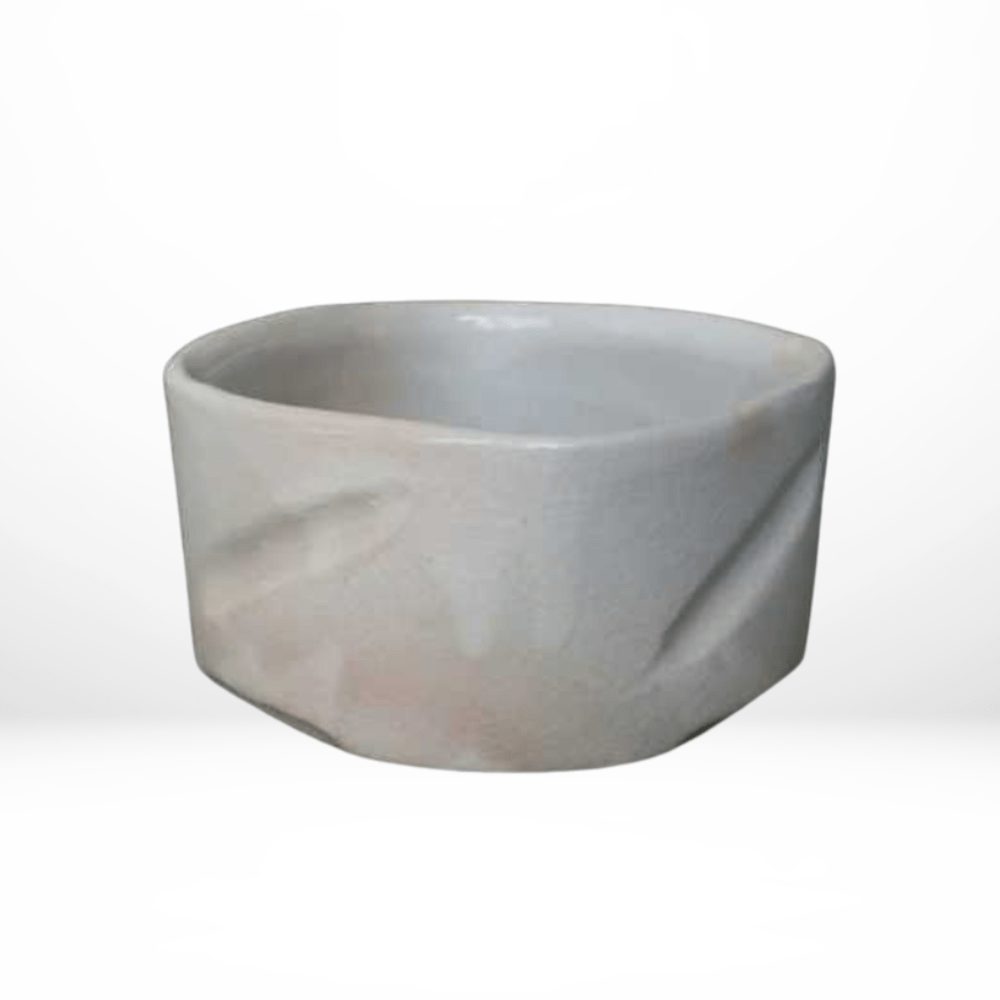
Share: